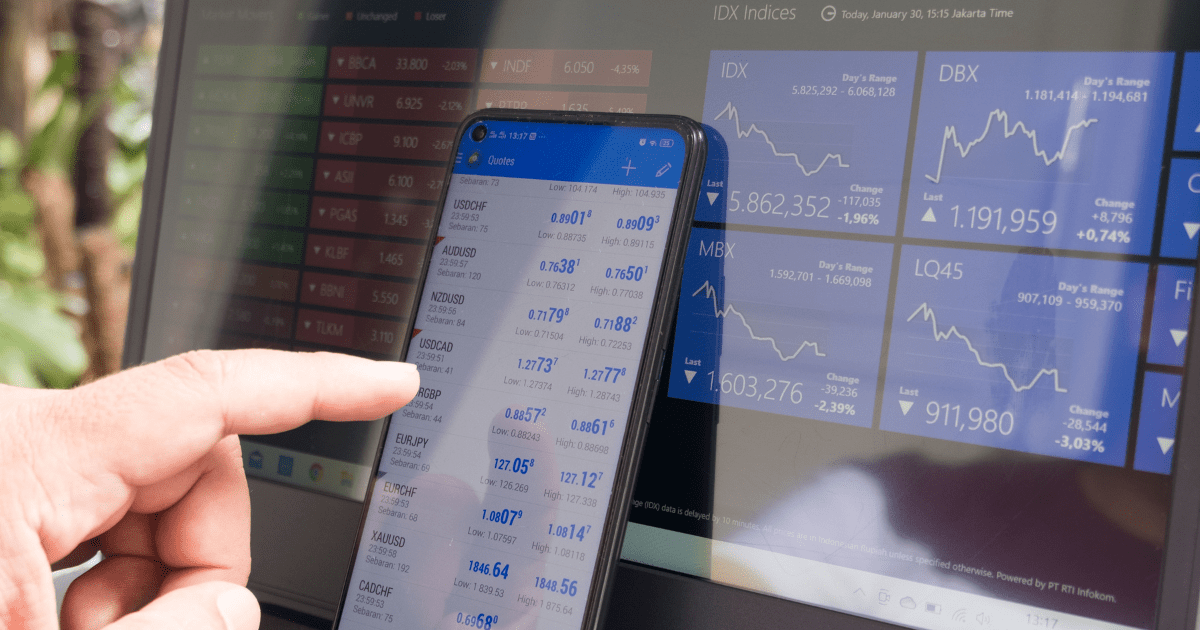The Emergence of Behavioral Finance
In the world of financial markets, understanding investor behavior plays a crucial role in making informed trading decisions. Traditional economic theories often assume that investors are rational beings, but the field of behavioral finance challenges this notion by exploring the psychological and emotional factors that influence investor decision-making. In this article, we will delve into the concept of behavioral finance, its significance in trading, and how it can help traders navigate the complexities of the financial markets.
Understanding Investor Biases and Limitations
One of the key aspects of behavioral finance is the recognition of various biases that can impact investment decisions. These biases include loss aversion, confirmation bias, selection bias, and herd mentality, among others. These biases can lead investors to make suboptimal decisions, especially in adverse market conditions. By understanding these biases and limitations, traders can better manage their emotions and make more rational choices.
Market Inefficiencies and Their Implications
Behavioral finance suggests that market inefficiencies can arise due to errors in asset valuation or non-rational decision-making by individuals. These inefficiencies occur because of limited rationality, cognitive biases, and time constraints faced by investors. As a result, prices can deviate from their fundamental values, creating opportunities for traders to exploit market mispricings. Recognizing these inefficiencies can enable traders to capitalize on them and potentially generate profits.
Developing an Investment Strategy
One of the key takeaways from behavioral finance is the importance of having a well-defined investment strategy. A robust strategy takes into account personal characteristics, risk tolerance, and market conditions. It is essential for traders to establish a plan in advance, considering various scenarios and potential market fluctuations. By having a disciplined approach and sticking to the predetermined strategy, traders can avoid making impulsive decisions based on short-term market movements.
Managing Emotions and Overcoming Biases
Investors often fall prey to their own emotions, particularly during times of market volatility. Fear and greed can cloud judgment and lead to irrational decision-making. Behavioral finance emphasizes the need for emotional intelligence and self-awareness in trading. Traders must learn to manage their emotions, avoid impulsive actions, and stay focused on their long-term goals. Overcoming biases and maintaining discipline are crucial for achieving consistent trading success.
Key Takeaways
- Behavioral finance recognizes that investors are not always rational and that their decisions are influenced by biases and emotional responses.
- Understanding investor biases and limitations can help traders make more informed and rational decisions.
- Market inefficiencies can arise due to non-rational decision-making, presenting opportunities for traders to exploit mispricings.
- Developing a well-defined investment strategy and sticking to it can help traders navigate market uncertainties.
- Managing emotions, overcoming biases, and maintaining discipline are essential for long-term trading success.
In conclusion, behavioral finance offers valuable insights into the complexities of investor behavior and its impact on trading. By understanding the psychological and emotional factors that drive market participants, traders can better navigate the financial markets and make more informed decisions. Incorporating the principles of behavioral finance into one’s trading approach can enhance overall performance and increase the likelihood of achieving long-term success.







